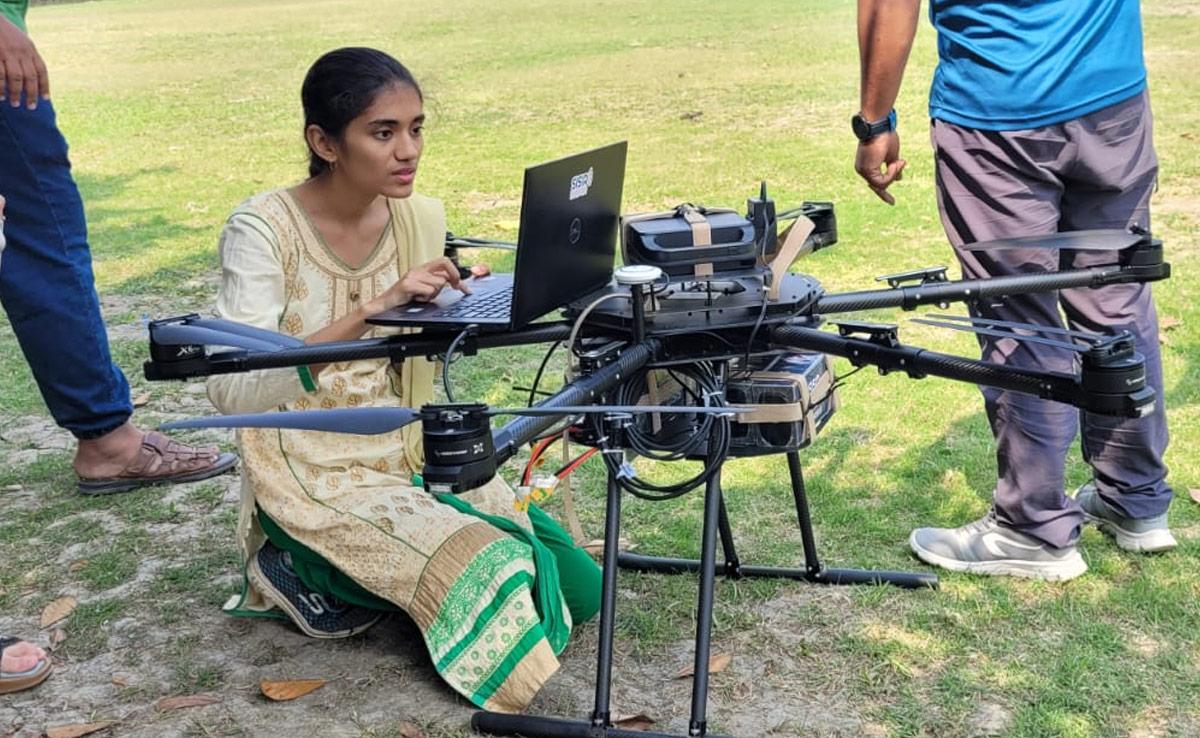
Indian Space Start-Up Uses Spy Satellite Tech To Track Mosquitos
NDTV
Mosquitos breed in water and are hard to detect using satellites and drones, but a Kolkatta-based space technology start-up called Sisir Radar has deployed new tech to address that.
An Indian start-up has modified sophisticated spy and surveillance satellite technology and tweaked it to detect mosquito breeding. Mosquitos are a menace of unparalleled proportions during the summer and monsoon months.
Mosquitos breed in water and are hard to detect using satellites and drones, but a Kolkatta-based space technology start-up called Sisir Radar has deployed high-end hyper-spectral imaging technology to be able to detect if containers and water bodies have mosquito larvae in them or not. The custom-made cameras were flown on drones.
Announcing the finding Sisir Radar said, "Proud to share initial results of detection of mosquito larvae, through hyperspectral imaging. We planted clean water and larvae infested water in earthen and transparent plastic tumblers. Our drone-borne hyperspectral imager imaged them from a height of 15 metres, equivalent to the height of a five-storied block in Kolkata. We believe that this research will go a long way in precisely identifying sources of mosquito larvae in water and insecticides can be sprayed in a measured manner."
Tapan Misra, better known as the father of India's spy satellites and former director of the ISRO's Space Applications Centre, Ahmedabad and founder of Sisir Radar said, "The present method of insecticide spraying is done arbitrarily and our water bodies and aquatic life forms are poisoned unnecessarily. Our research will help in not only eliminating the menace of mosquitoes at the larvae stage itself, benefitting our environment but also reducing the needless malaria and dengue deaths very significantly. It is to be noted that globally 250 million people are afflicted with mosquito-borne diseases in 85 countries. Out of this humongous number of afflicted patients, around 600,000 die needlessly."





















 Run 3 Space | Play Space Running Game
Run 3 Space | Play Space Running Game Traffic Jam 3D | Online Racing Game
Traffic Jam 3D | Online Racing Game Duck Hunt | Play Old Classic Game
Duck Hunt | Play Old Classic Game